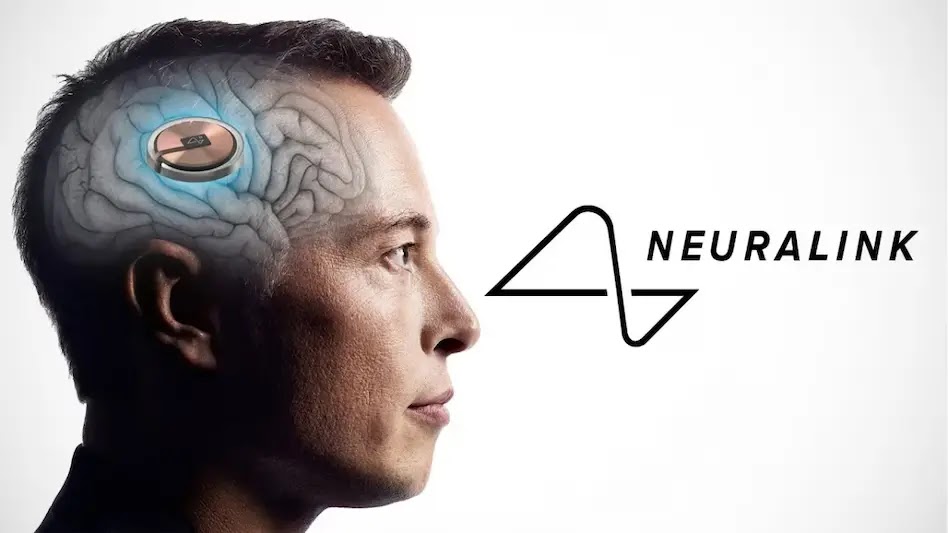The U.S. Department of Transportation (DOT) has confirmed that it is investigating Neuralink, Elon Musk’s brain-computer interface company, over allegations of mishandling and improperly transporting contaminated hardware.
According to a spokesperson for the DOT, the investigation stems from concerns raised by the Physicians Committee for Responsible Medicine (PCRM), an animal-welfare group.
In a letter addressed to Transportation Secretary Pete Buttigieg, PCRM presented public records suggesting that Neuralink may have mishandled devices containing infectious pathogens during 2019.
These devices, removed from nonhuman primates, were potentially contaminated with viruses such as Herpes B and antibiotic-resistant bacteria like Staphylococcus and Klebsiella.
PCRM alleged that inadequate containment and improper transport procedures were possibly due to Neuralink employees lacking sufficient safety training.
The DOT spokesperson stated that it is standard practice to investigate alleged violations of hazardous materials transportation regulations.
The Pipeline and Hazardous Materials Safety Administration, a division of DOT, is conducting a thorough investigation to ensure compliance and safeguard public safety, based on the information provided by PCRM.
Neuralink, co-founded by Elon Musk in 2016 alongside scientists and engineers, is part of the burgeoning brain-computer interface (BCI) industry.

BCIs interpret brain signals to control external technologies, enabling tasks such as cursor movement, typing, and smart home device operation using only thoughts.
While Neuralink has not yet tested its BCI in humans, Musk has expressed intentions to do so in the near future.
The public records obtained by PCRM included correspondences between Neuralink and the University of California, Davis.
The university collaborated with Neuralink from 2017 to 2020 for primate experiments. In these exchanges, UC Davis staff expressed concerns over mishandling of hazardous materials by Neuralink, emphasizing the risks posed to human health.
PCRM has previously raised objections to Neuralink’s animal testing practices, filing complaints alleging violations of the Animal Welfare Act and requesting investigations by federal agencies.
The latest DOT investigation, according to Ryan Merkley, director of research advocacy at PCRM, highlights a new level of negligence.
While there is no evidence of infections resulting from exposure to the hardware, Merkley underscored the seriousness of potential pathogen leaks as indicated by UC Davis personnel.
The DOT investigation into Neuralink underscores broader concerns regarding safety practices in cutting-edge medical research and highlights ongoing scrutiny faced by companies pushing the boundaries of technology in healthcare.
